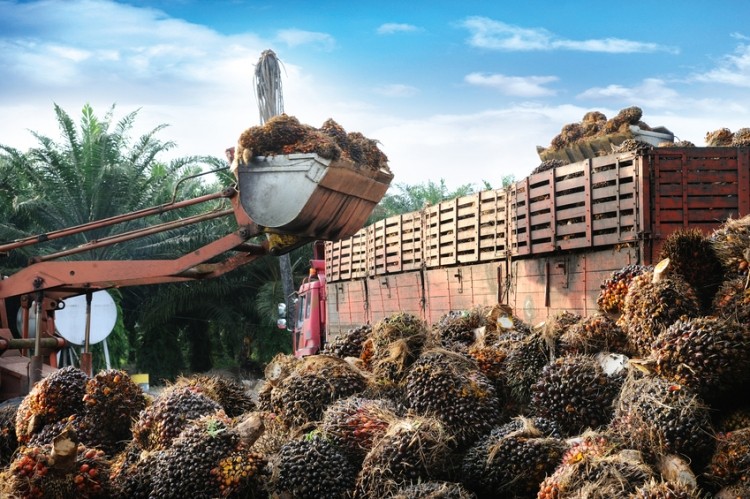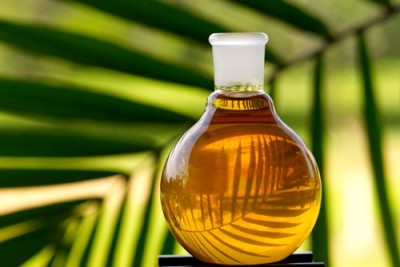Manufacturers are making positive progress on palm oil but Nestlé has work to do: WWF

Heavy users of palm oil, including Fererro, FrieslandCampina, Mondelēz, PepsiCo and Unilever, scored a maximum nine from nine in the assessment of 44 of the world’s largest food manufacturers. WWF also assessed retailers and foodservice companies from across the globe.
It is a “very positive story” for food manufacturers, WWF agricultural commodities expert Emma Keller told FoodNavigator, who have “upped their game since we scored them previously”.
But a notable absentee from the top end of the table was Nestlé, which scored six out of nine. WWF noted that only 24% of the palm oil used by the company is Certified Sustainable Palm Oil (CSPO). Many of its competitors have already reached 100%, with 28 of the 44 companies assessed using between 75% and 100% CSPO.
But Nestlé was not the worst performer. DuPont scored just three while US company Campbell's got two.
Perfect scores?
WWF’s results cover 2015 – the deadline year by which many companies promised to use 100% CSPO. Much like the previous three scorecards, firms were scored on the “basic steps” they were taking, such as joining the Roundtable on Sustainable Palm Oil (RSPO), committing to and buying sustainable palm oil and whether or not they publicly report on their performance.
“These are actions that all brands should be taking and, after 10 years of the RSPO, we would expect many to have done so. There is no excuse for companies not to have achieved this level of responsibility,” Keller said.
This explains why some firms achieved the maximum score of nine out of nine. However, it doesn’t mean they are perfect. “There is a journey of continuous improvement that we expect from all companies, as we know from the reality of what is still happening on palm oil plantations and the surrounding areas, the work is far from over.”
The scorecard also looks at how fast companies are taking the next step – moving to source ‘physical’ CSPO from segregated supplies, rather than relying on trading certificates.
Is Nestlé labouring?
WWF said companies can now “easily” source CSPO regardless of the scale of their consumption. Medium-sized users of palm oil scoring equally well on buying CSPO included Mars, Associated British Foods, General Mills and Kellogg's.
Due to their buying power, large users of palm oil are crucial to the transformation of the wider industry.
Nestlé’s performance was therefore a concern, with the firm scoring worse than it did in 2013. The Swiss food giant, which uses more than 417,000 tonnes of palm oil a year, made a commitment to sustainably source palm oil and are making efforts to get there, but are still a way off it, Keller explained.
“They have already failed on their commitment to consumers to source 100% CSPO by 2013. They are still ‘well on the path’ but for a company the size, scale and level of influence of Nestle, we expect more,” she added.
A spokeswoman for Nestlé welcomed the scrutiny of the company’s performance by WWF, but suggested that the company was not taking the easy route to sustainable sourcing. She noted that WWF’s assessment focuses on CSPO in its supply chain but failed to acknowledge the overall level of traceability in place.
“As we have dramatically improved the traceability of the palm oil we purchase, we have also phased out our purchase of GreenPalm certificates,” she explained in a statement.
“At the end of 2015, over 90% of the palm oil we source was traceable back to mills and 46% back to plantations. Our next step is to achieve 80% traceable to plantation by 2017. Currently, 47% of our palm oil is responsibly sourced.”
Those with maximum scores in the scorecard also acknowledged that there is more work to do. “Our goal of 100% physical certified sustainable palm oil by 2019,” said Unilever in a statement.



















